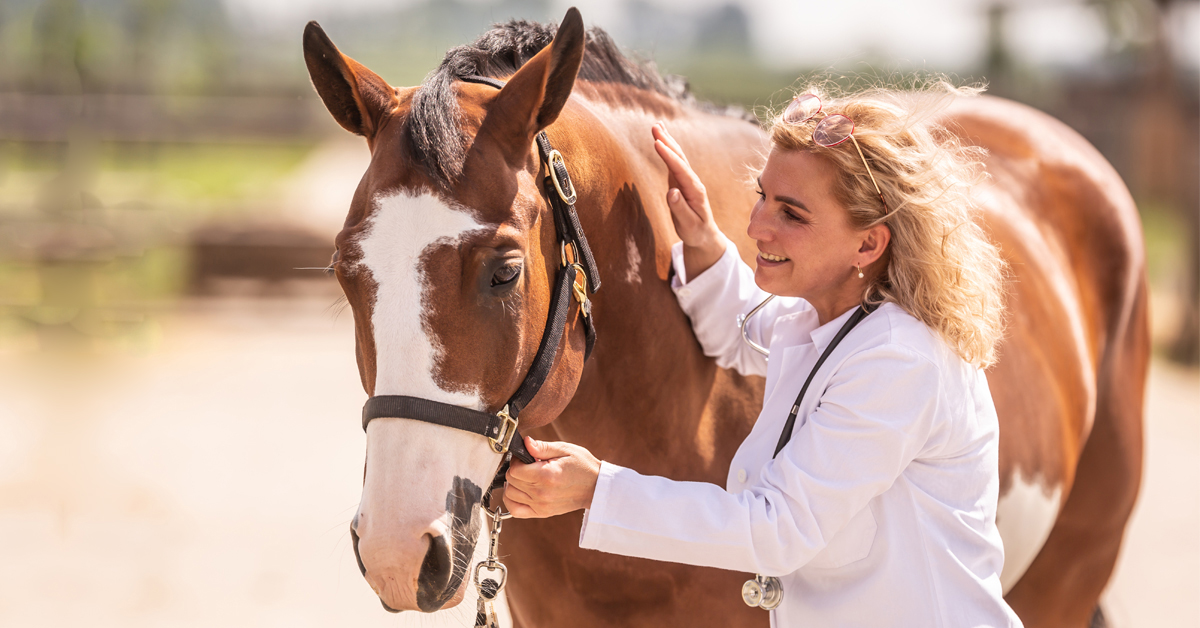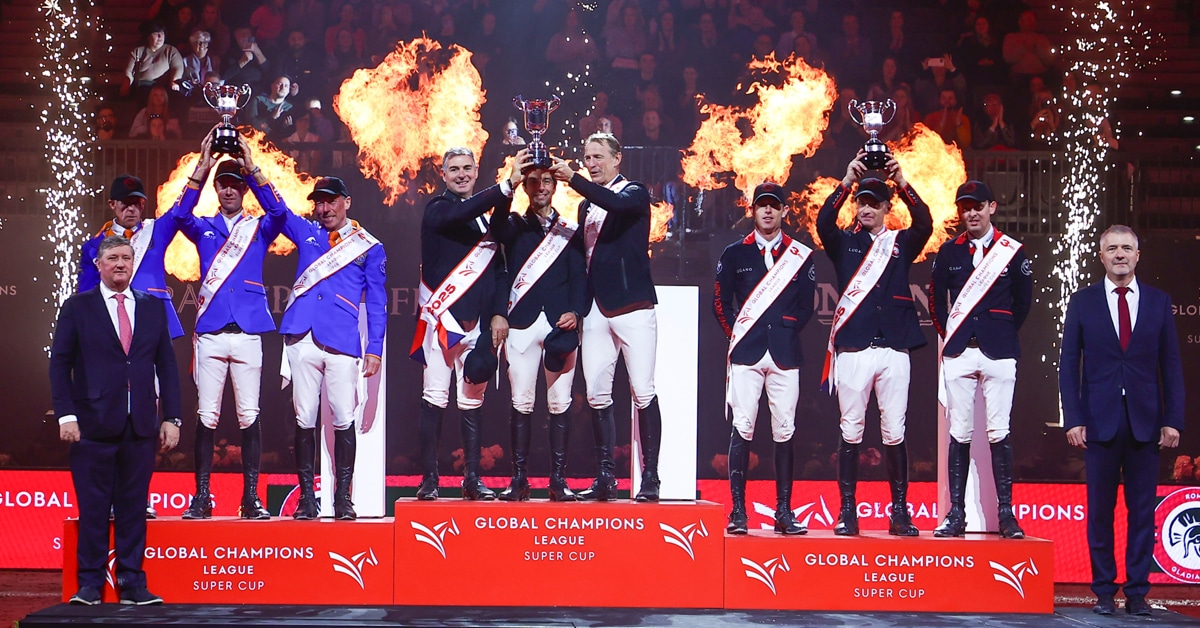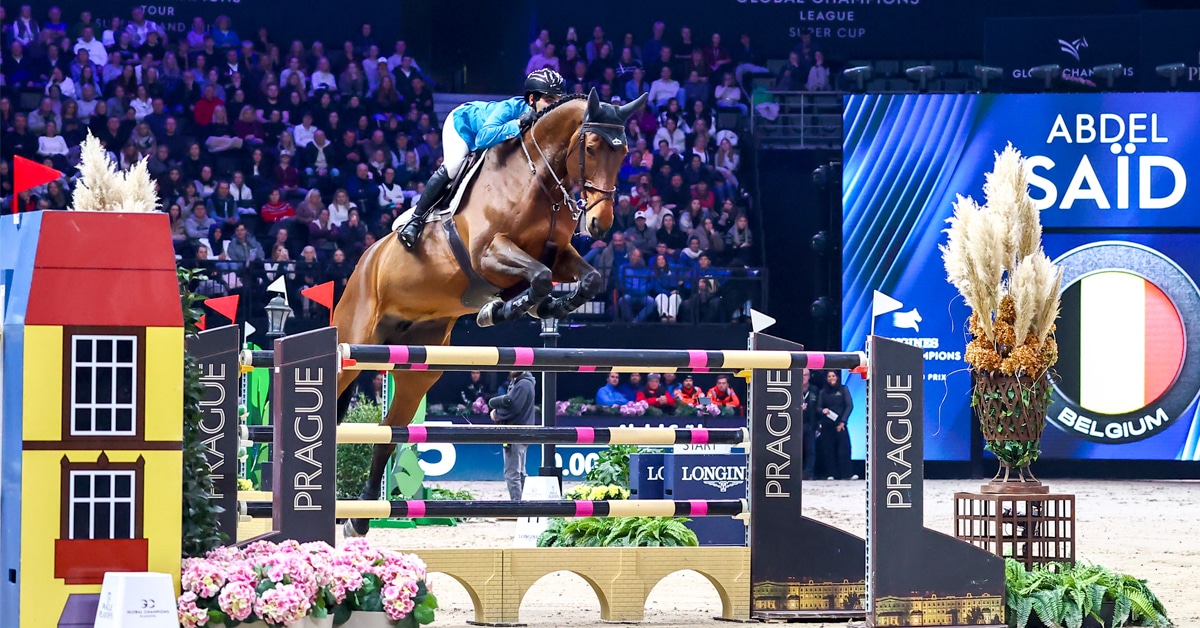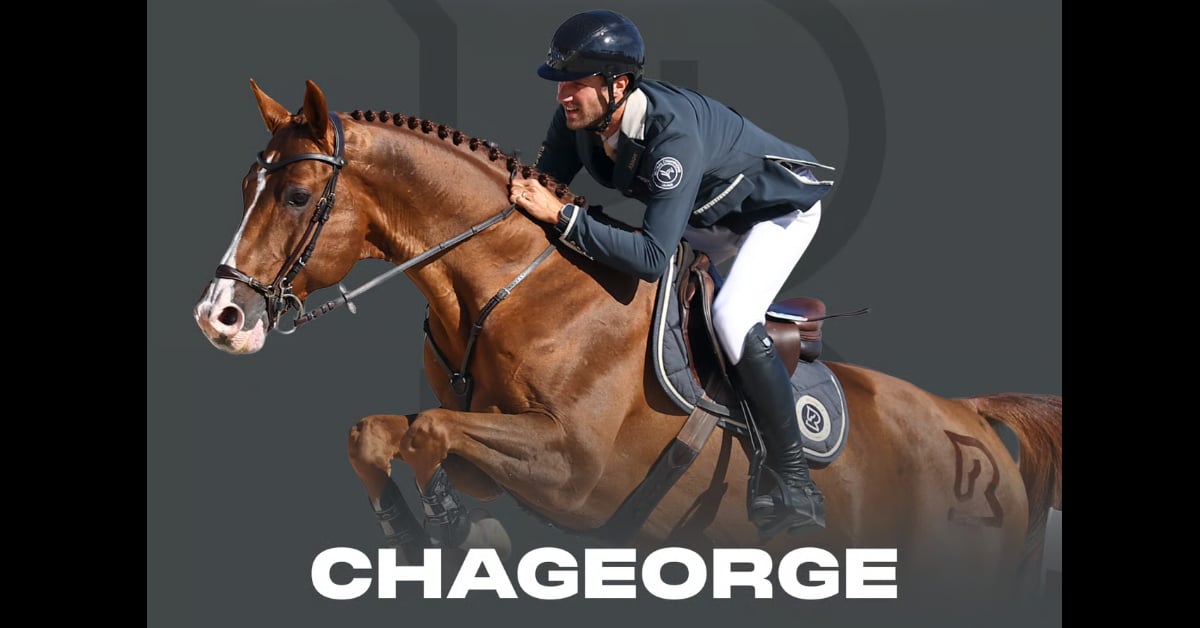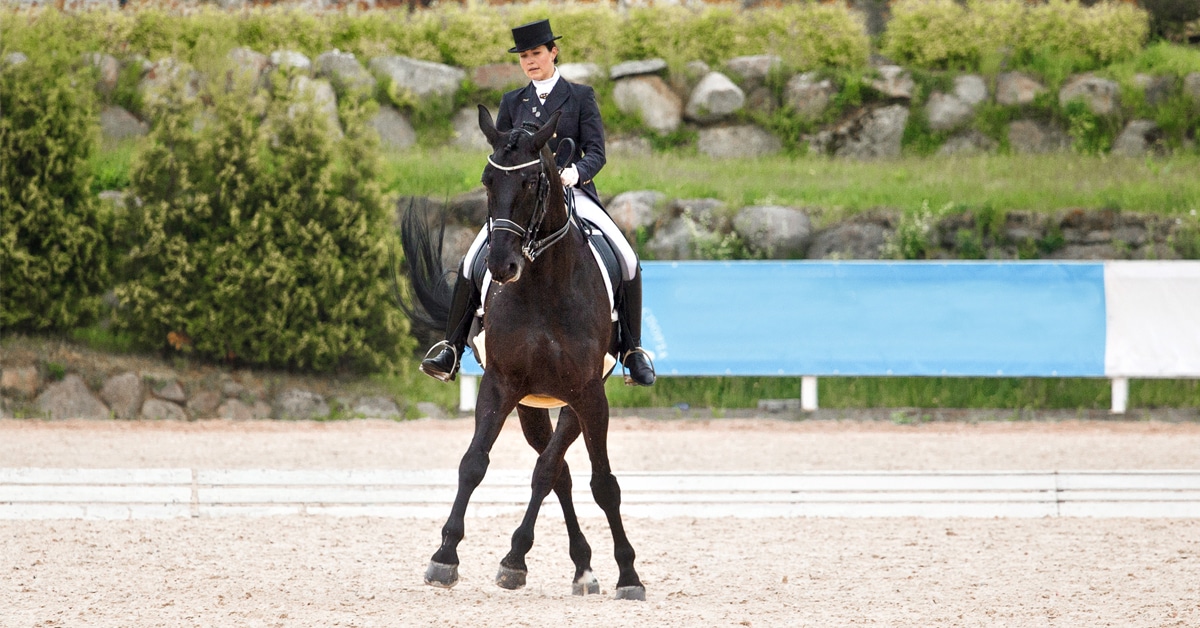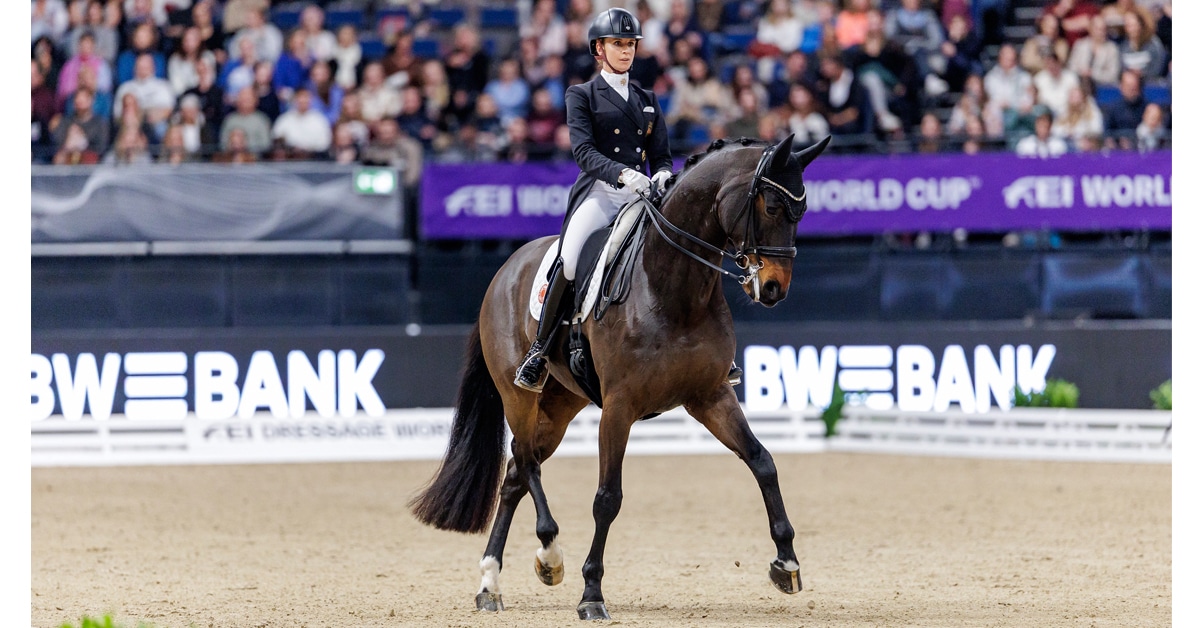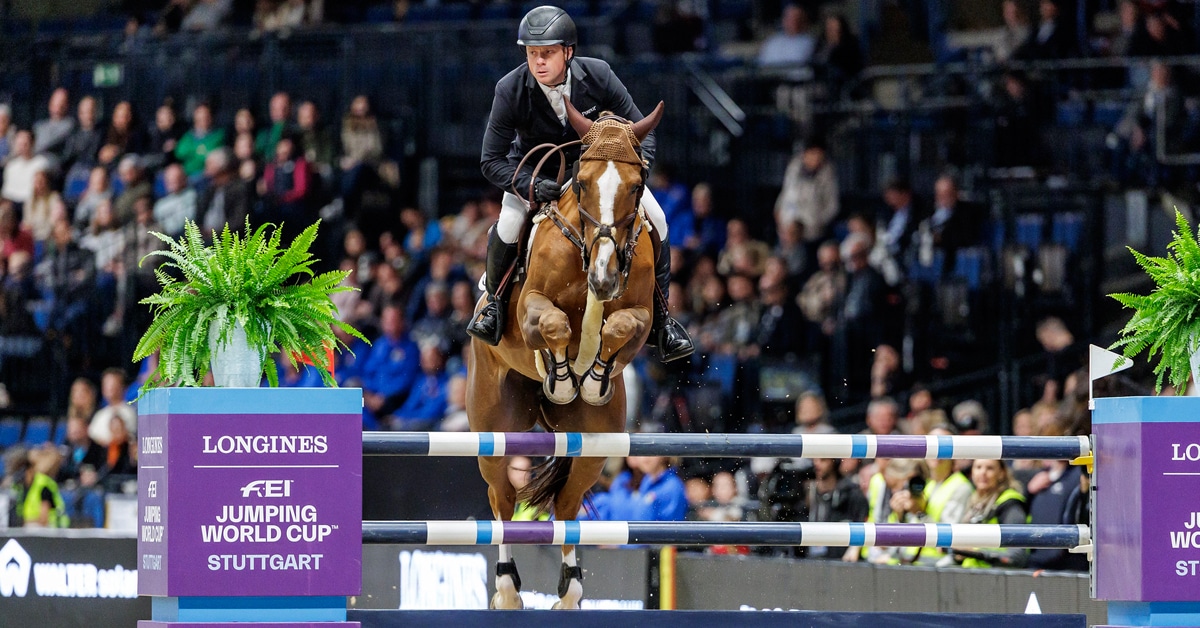The International Jumping Riders Club (IJRC) has asked the FEI to “intervene” over the late-arranged 2*shows in France and Syria that enabled a small group of riders to gain substantial Olympic and Longines rankings points.
As reported by Horse Sport last Friday, Sri Lanka, Syria and Jordan shot to the top of the Olympic rankings tables for their regional groups at the end of December, in multiple shows at Villeneuve-Loubet and Damascus. The 15 places for individual jumpers at Tokyo are decided by these rankings.
The FEI has already said it is looking into the matter. The IJRC has asked the FEI for an urgent meeting to discuss the Longines rankings system – upon which the Olympic qualifying system is based – and “the unpleasant situation which has arisen.”
“Many show jumping riders and others involved have made complaints, alleging it was made too easy for some riders to obtain their groups’ individual places for jumping riders in Tokyo,” said a IJRC spokesman.
So few people took part at Villeneuve-Loubet that one rider won rankings points despite accruing 28 faults in his round. The successful Jordanian rider Ibrahim Bisharat got 13 of his 15 counting Olympic ranking at Damascus, to lead qualifying group F (Africa and Middle East), displacing UAE for the Tokyo spot at the last moment.
Two other riders at Villeneuve rose nearly 500 places each up the Longines world rankings in one month – just before the transition on February 4th to a new CSI invitation system based on rankings order. Villeneuve continues to jump throughout January, with a similarly small invitation list.
In Europe it has been normal to open 2* invitations to all national federations, with 100-plus horses in a class.
The IJRC is responsible for the FEI Longines Ranking List formula, but its spokesman stressed that responsibility for event fairness and prior approval of schedules lies with the national federations, the FEI itself and the foreign judge at each show.
IJRC Director Eleonora Ottaviani added: “In order to preserve the credibility of our sport and competitions, it is important to respect Article 100 of the FEI General Regulations that establish that ‘athletes may compete against each other under fair and equal conditions’ and to act not only in respect of the rules, but also ‘in respect of Athletes, Teams, IFs (FEI), NFs, and fans, as stated by the Olympic Charter.
“We are hoping that the appropriate authorities will analyse this issue thoroughly and that the right decisions will be made.”
She also urged anyone with suspicions to contact the ECIU’s confidential hotline on +44 (0) 20 7935 5822 or report@equestrianintegrity.com. There is more information about combating competition manipulation on the International Olympic Committee’s website.
The VIlleneuve-Loubet and Damascus organising committees have not broken any FEI rules and their schedules were approved, despite their limited invitation criteria. However, it is understood that these loopholes have not been exploited by any other CSIs in past Olympic qualifying seasons apart from Baku in 2011 .
Practices enabling these near “private” shows to guarantee points to a small number of riders include the omission of 2* CSIs from the FEI’s rider invitation system (which changes on February 4th ) and the routine allocation of points down to 16th place, even when there are 16 or fewer starters.
More News
